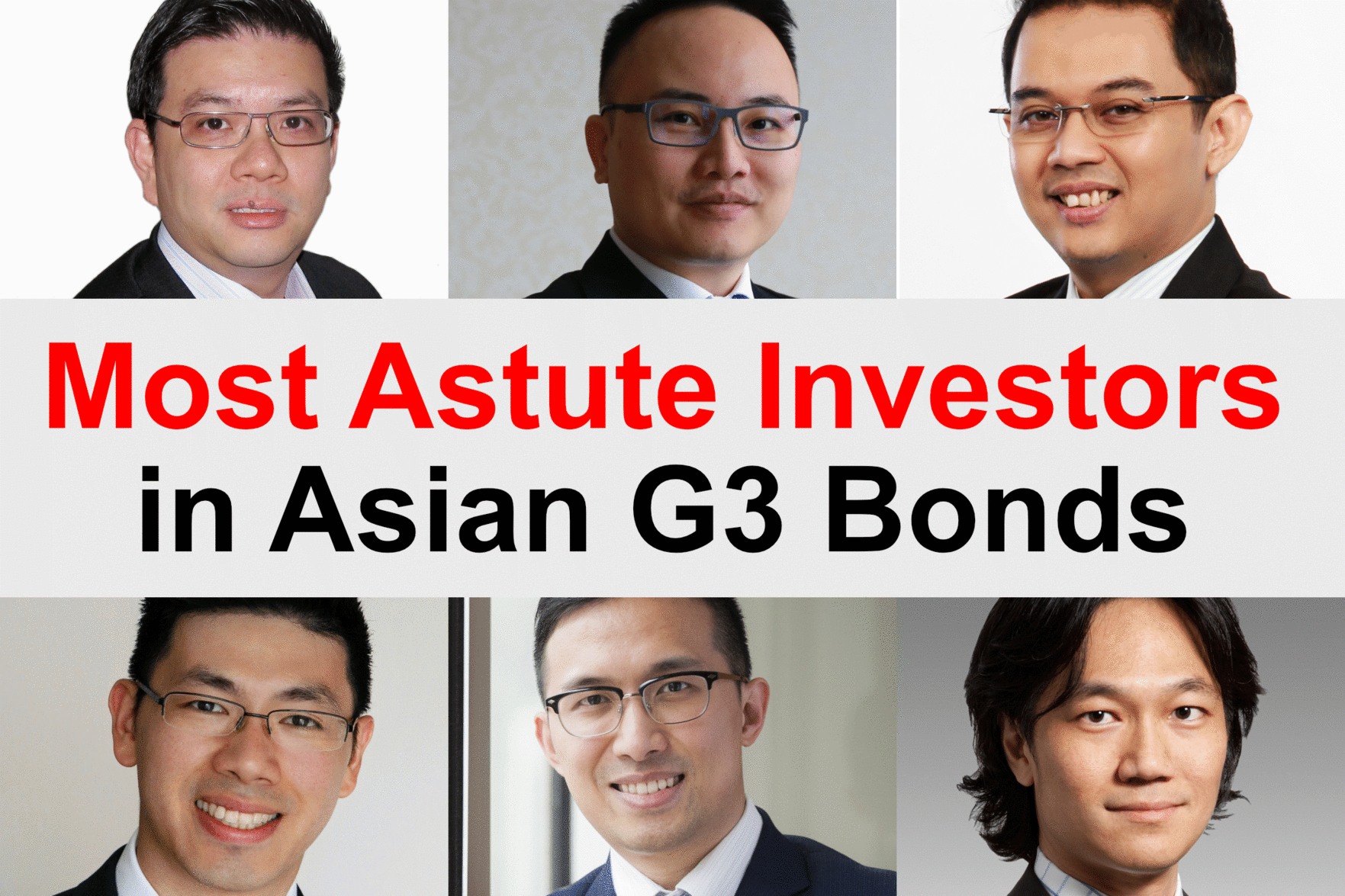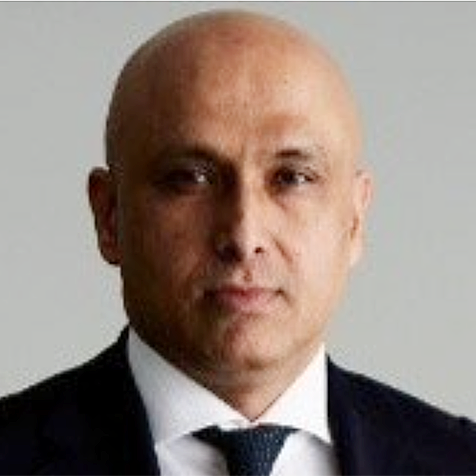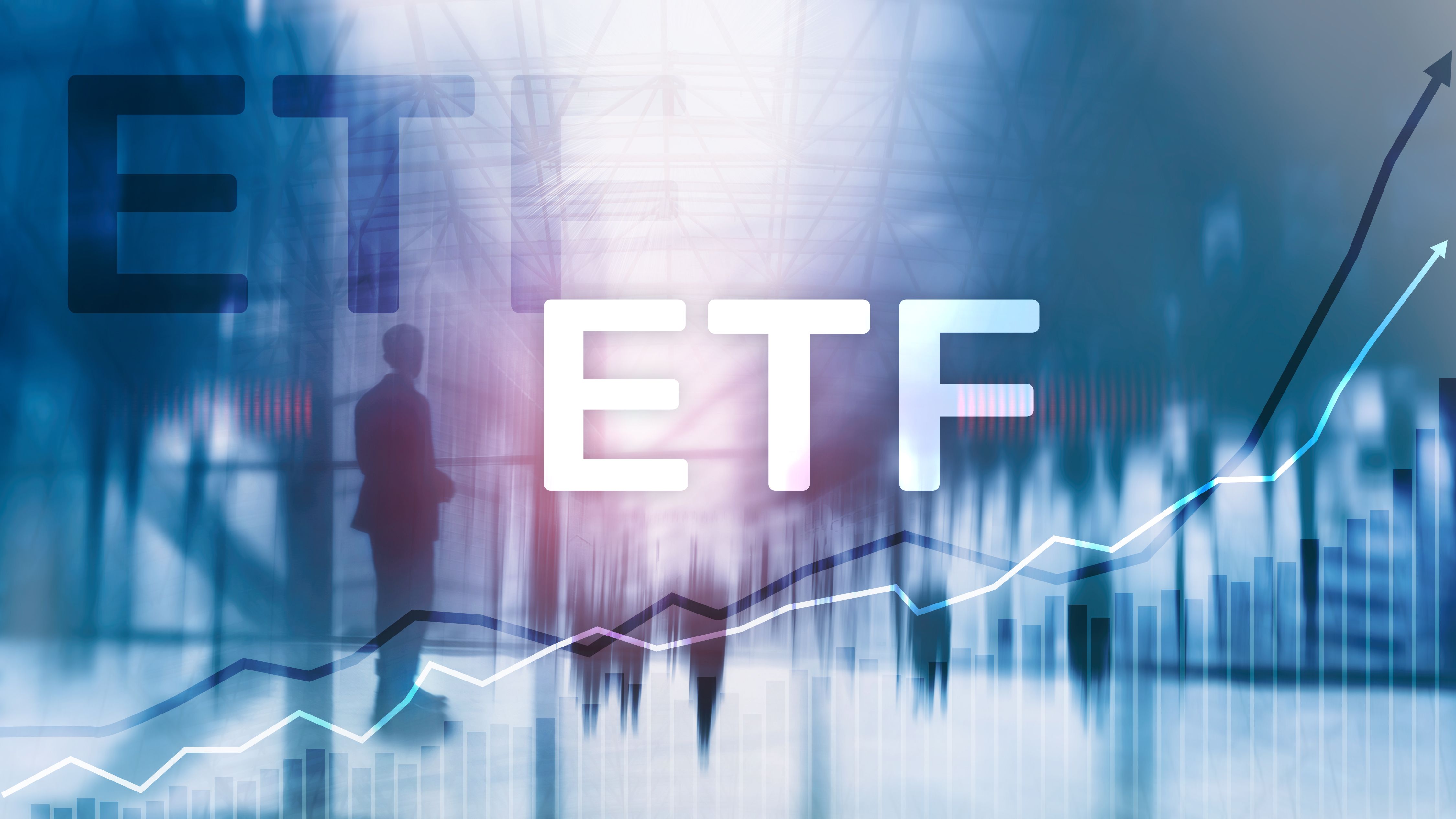
A rising tide lifts all boats. It is an aphorism that describes the state of investing in Asia G3 bonds. Except that during this period, as liquidity builds up, returns continue to narrow. A sudden change in the direction can also prove to be problematic to the less experienced.
The good news is that Asia’s G3 bond market may have reached an inflection point. Years ago, demand for Asian G3 bonds needed to sell into Europe and, for longer-dated issues, into the US market such as in the form of Rule 144a, restricted to qualified institutional buyers.
These days, the majority of US dollar bonds sold by Asian issuers are likely to be in Reg S format – securities offered and sold outside the United States. Nearly two decades since the Asian financial crisis in 1997, the idea of Asian savings financing Asia has become a reality.
Demand from Asia has become even more pronounced with the recent arrival of Chinese investors who now actively participate in buying US dollar bonds of Chinese credits. Unlike in the first wave of fund flow from China, which tended to be fleeting, a function of capital controls that were in place at the time, the latest flow from mainland investors reflects a conscious policy. Banks and securities companies now join asset managers as among the biggest players in the G3 market.
Their arrival has certainly put greater pressure on returns from Asian credits highlighting the technicals even more. It is therefore quite easy to argue that certain bonds may appear to be mispriced. If an asset manager decides to sell the bond, the likelihood of buying it back is slim. Hence trading in the secondary market has not been easy.
On the other hand, an asset manager may opt to hedge the book. The downside is that the cost of the hedge eats into already very thin returns thereby underperforming the market and disappointing investors of the fund. This is an especially troublesome issue for credit hedge funds of which the numbers are dwindling.
The decision by Saka Capital, a Singapore-based credit hedge fund launched in 2009 by ex-Lehman traders, to close shop and return money to investors last week is another indication of how tough the market has been. Sources at a large real-money account suggest that following negative returns in 2015, Saka is returning this year on average a third of JACI (J.P.Morgan Asia Credit Index), the index that tracks the total return performance of the Asia fixed-rate dollar bond market.
It is in this complex environment that Asset Benchmark Research conducted its 17th annual ranking of the most Astute Investors in Asian G3 Bonds for 2016. More than 700 investors were nominated of which 111 were ranked across ten markets.
The ranking, which is compiled from the votes of nearly 600 sellside top-rated individuals including analysts, economists, strategists, salespeople and traders, is to recognize investors for their knowledge of credits and markets, their acumen in making investment decisions and their trading skill.
This year marks the first time that six investors based in China have been ranked. Previously, onshore investors have only taken one or two spots among the hundred-odd names that are presented annually. This reflects the increasing importance of Chinese investors. One sellside respondent explains: “Even what looks optically like a third-tier entity would have more assets under management (AUM) for this market than a very large asset manager.”
“If you look at someone like me who is a classic sellsider, virtually all of my day now is talking to [Chinese] clients,” says one strategist. “The global asset managers are becoming less and less.” A trader at a sellside house agrees: “China is close to 25% of my volume now.”
Chinese-owned investment houses with entities in Hong Kong are also gaining ground. Astute Investors from asset managers such as Pinpoint Asset Management, GF Global Capital and Guotai Junan Asset Management take spots for the first time in this category. For example, Danicus Zhang at GF Global Capital, who is ranked 14th is praised by an economist. “He has strong views on all of the China new issuance; if you want that kind of smart onshore credit view, he’s got it.”
Chinese investors are appearing in the annual Astute Investor ranking but not everyone is convinced of their calibre. “I do a lot with Chinese investors. To me, however, they are all the same,” says one sellside trader. “There is not much differentiation; they all are into China property names. Within a certain yield range, they would just buy everything.”
In the shifting lay of the land for Asian G3 bonds, however, some traits are timeless that define and steady the portfolio in times of stress and for the long term. Desmond How and team at Nomura, for example, win praise for the quality of their fundamental analysis. “They also look at it from a technical perspective, big picture perspective,” says one analyst. “As one of the biggest prop desks in the region, the team is able to get quite a lot of market colour.” How is ranked first for the seventh time in the Hong Kong ranking.
Eugene Fung at BFAM Partners, a new entrant to the ranking in 2016 and who takes second place among Hong Kong investors, is commended for a different reason. Previously the head of Asia-Pacific convertibles at Credit Suisse, his familiarity with how the sellside works is a plus. “He knows how to interact,” says one sellside trader. “He stands to gain from that as then dealers are more inclined to offer him decent liquidity.”
The trader goes on to praise the hedge fund citing that like Nomura GCM, their size plays an obvious role. “They’ve been very active overall in primary and secondary. In Hong Kong or Asia hedge funds, they’re basically the biggest guys and you know they’re treating the dealing community well.”
Abhijeet Neogy at asset manager PIMCO who was ranked eighth last year takes the top spot in Singapore in 2016. A trader explains: “He’s solid. He’s obviously got that big job in front of him running that big fund with a lot of different things going on from an institution perspective,” he believes. “It’s an extremely challenging job to have to manage so many different demands from execution to trade recommendations to idea generation etcetera.” This is the third year in a row that Neogy has placed in the ranking.
Mark Thurgood, previously at Saka Capital, now at PGIM, the asset management business of Prudential, is another investor ranked in Singapore this year. “He’s probably one of the most popular in Singapore,” a head of research gushes. “He’s an ex-distressed guy previously with an accounting firm. That gives him real hands-on distressed experience that actually very few people in the market have.” This is the seventh consecutive year that Thurgood has placed as an Astute Investor since 2010.
In the UK/Europe and in the US, experienced veterans once again take their top spots. Alistair Ling at Man GLG Market Neutral Fund ranks first for the eighth consecutive year since 2009. Ling stands out, according to one analyst, for his ability to get market colour from the buyside. “That helps him in terms of how to trade [especially] on the big picture macro side when sentiment could turn either way.”
In the US, Johnny Mak at PGIM leads. “He’s a very savvy EM trader.” says one trading head. “He looks at relative value in Asia versus the rest of the market. Often, he looks at intra-Asia curves and he’s not scared to express those views.”
For the latest rankings of the most Astute Investors in Asian G3 bonds for 2016, please click here.
Additional reporting by Jacky Fung









